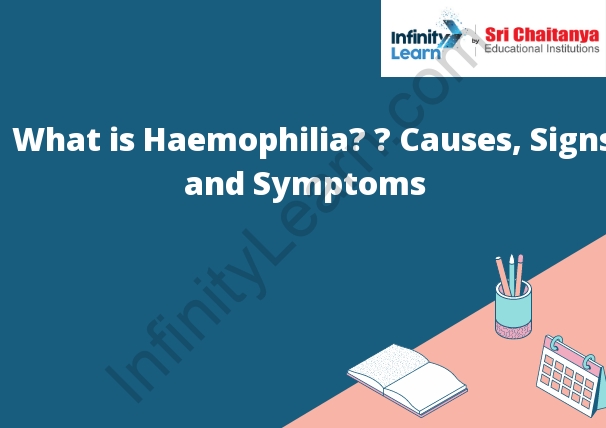Table of Contents
what-is-haemophilia
Haemophilia is a rare genetic disorder that affects the body’s ability to clot blood. This can lead to uncontrolled bleeding, especially into the joints. Haemophilia is usually diagnosed in males, but females can be affected as well. There is no cure for haemophilia, but treatment can help to control bleeding.

Haemophilia Causes
Haemophilia is a genetic disorder that affects the blood’s ability to clot. This means that people with haemophilia can experience uncontrolled bleeding, even from a minor injury. There are several different types of haemophilia, but all result in a deficiency in one of the proteins needed for blood clotting.
Haemophilia Signs and Symptoms
Haemophilia is a disorder that affects the blood’s ability to clot. This can lead to uncontrolled bleeding, especially into the muscles and joints. Symptoms vary depending on the severity of the disorder, but can include excessive bleeding from cuts, easy bruising, and bleeding into the joints.
Haemophilia Causes and Effects
Haemophilia is a hereditary disorder that affects the blood’s ability to clot. This leads to prolonged bleeding from even minor injuries. The severity of haemophilia depends on how much clotting factor (a protein in the blood) is present. There are two main types of haemophilia: haemophilia A, which is caused by a lack of clotting factor VIII, and haemophilia B, which is caused by a lack of clotting factor IX.
Haemophilia can cause serious health problems if left untreated. These include:
-Excessive bleeding from cuts or injuries
-Internal bleeding, which can lead to organ damage
-Blood in the urine or stool
-Heavy periods in women
Without treatment, haemophilia can be fatal. Treatment for haemophilia usually involves taking regular injections of clotting factor to help the blood clot properly.
Final Thoughts
This final section is where you will want to provide your readers with some final thoughts on the topic you have just written about. You can talk about what you have learned, what you found most interesting, or what you think is the most important aspect of the topic. You can also use this section to provide any recommendations or advice that you may have.







